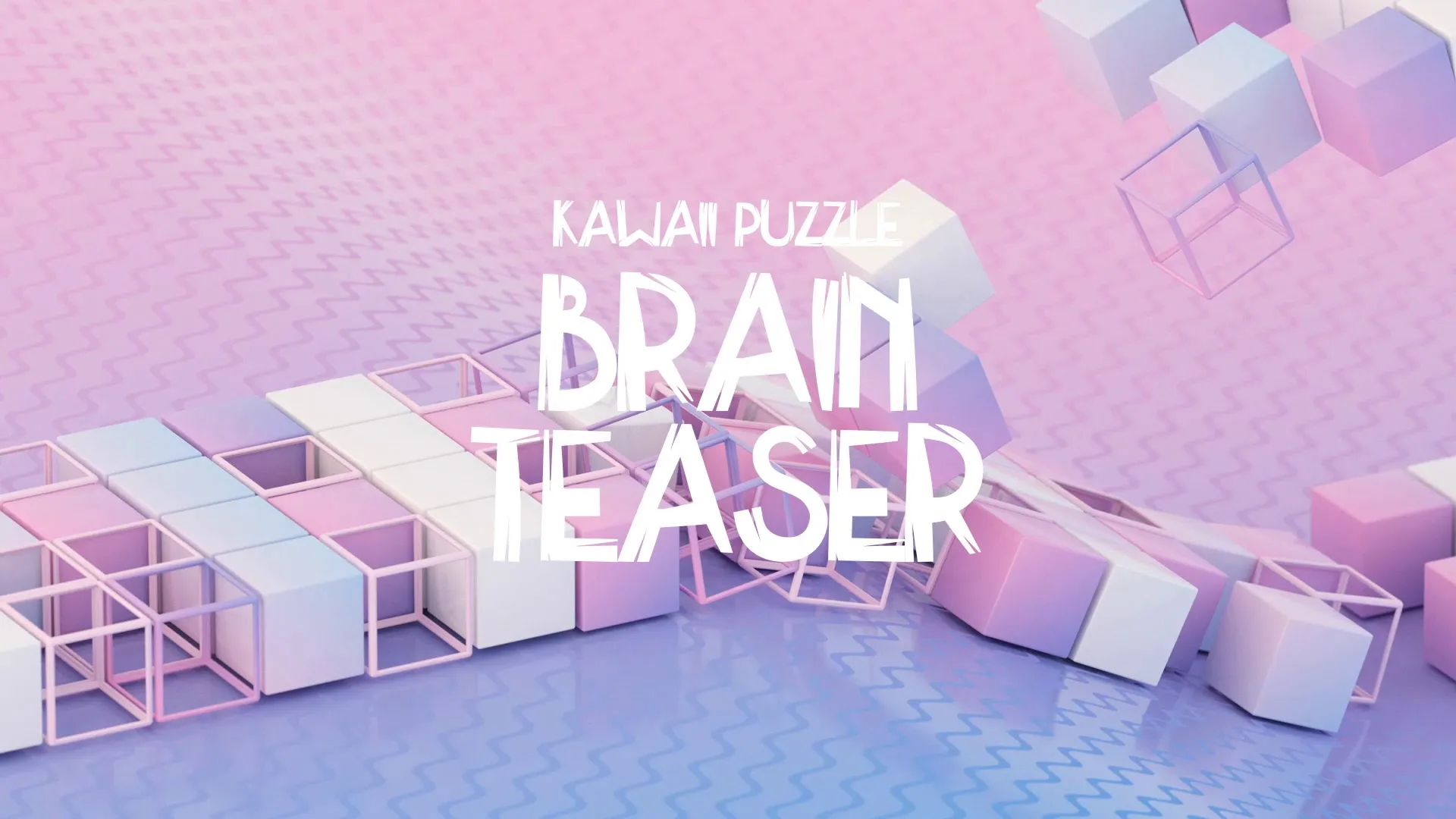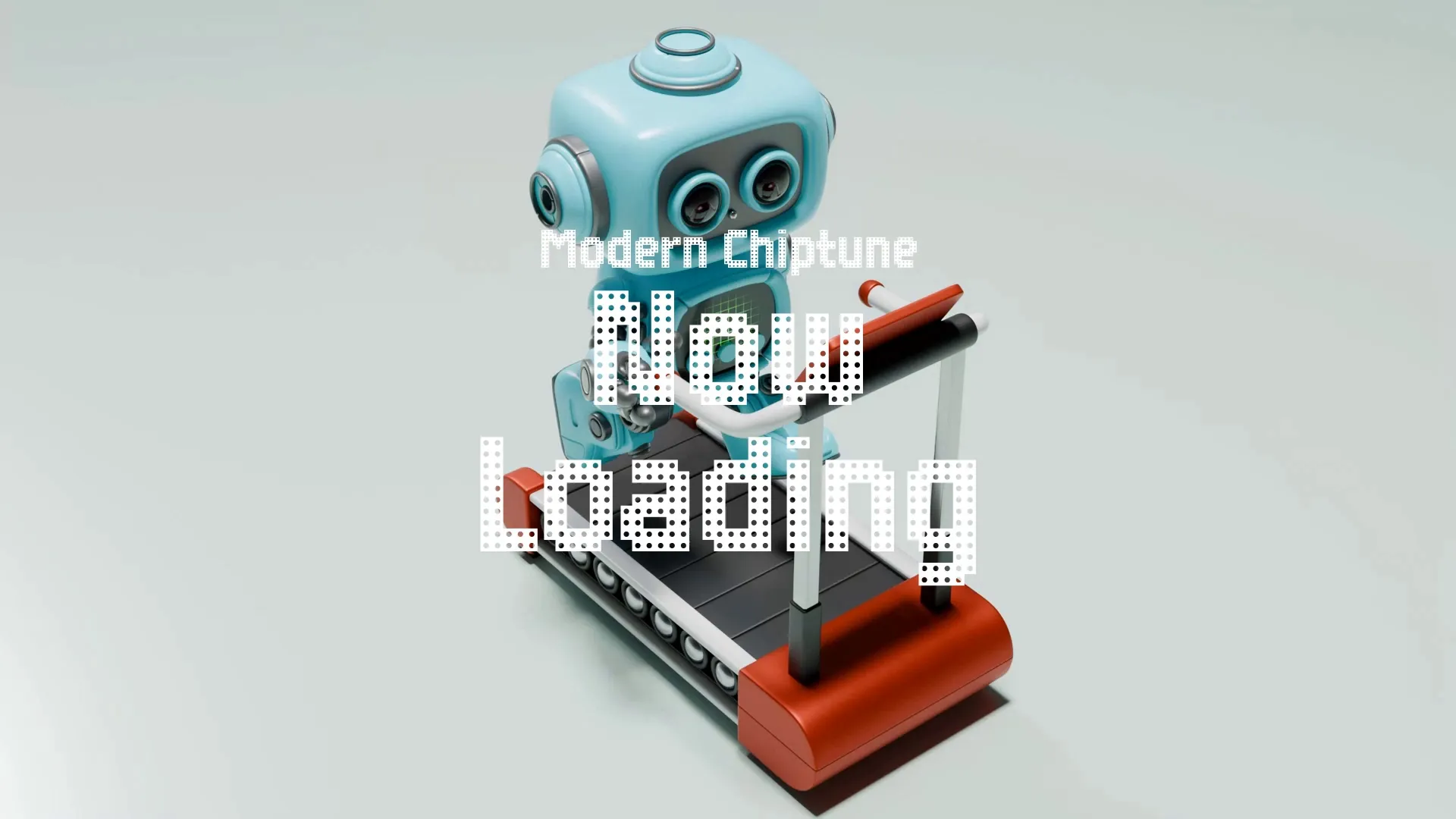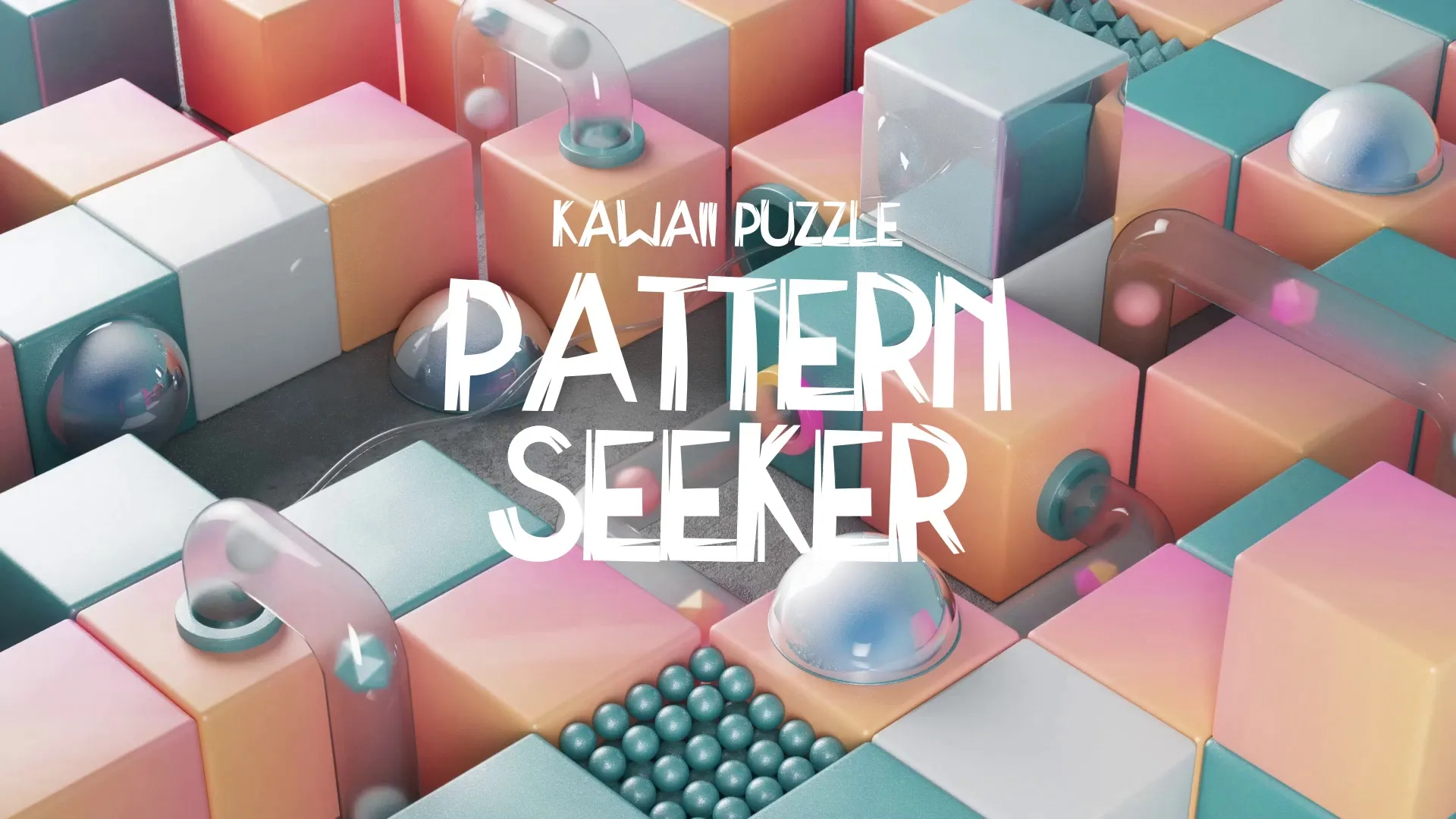Indie Game Development Longevity: Long-Term Project Management Strategies
Indie game development is often a marathon, not a sprint. Sustaining a project over months or even years requires more than just passion; it demands strategic long-term project management. This guide explores practical strategies to ensure your indie game projects thrive, avoiding burnout and maintaining consistent progress.
The Core of Longevity: Strategic Roadmapping
A solid roadmap is crucial for long-term indie game development. It provides a high-level overview of your project’s trajectory from conception to launch. Break down your ambitious vision into smaller, achievable milestones and phases.
Roadmaps should be living documents, adaptable to new insights and unforeseen challenges. They guide your efforts without rigidly dictating every single step.
Lean Development for Sustainable Progress
Embrace lean development principles to maintain momentum and minimize waste. Focus on iterative cycles, building and testing core functionalities before expanding.
Prioritize features rigorously, distinguishing between essential elements and 'nice-to-haves’. This approach helps prevent scope creep, a common pitfall in long-term projects.
Continuously seek feedback and be prepared to pivot or refine aspects of your game. Lean development emphasizes efficiency and responsiveness, crucial for indie teams with limited resources.
Consistent Progress Tracking and Adaptation
Effective progress tracking is vital for long-term projects. It allows you to visualize your achievements and identify bottlenecks early. Regularly review your progress against your roadmap and adjust as needed.
For effective long-term tracking, tools like Momentum can help organize tasks and maintain development momentum. These systems provide clarity on what needs to be done and how far you’ve come.
Adaptability is key; be willing to change plans when data or experience suggests a better path. This flexibility ensures your project remains viable and exciting throughout its duration.
Battling Burnout: The Human Element
Long-term projects inherently carry a risk of developer burnout. Proactive measures are essential for sustained productivity and well-being. Set realistic work hours and enforce regular breaks.
Recognize the early signs of mental and physical fatigue, and address them promptly. Incorporating downtime and hobbies outside of game development is not a luxury, but a necessity.
Foster a supportive environment, whether you’re working solo or with a team. Sustainable development relies on a healthy, motivated developer.
Common Pitfalls and How to Avoid Them
Several traps can derail long-term indie game projects. Awareness is the first step to avoidance.
Create a free account, or log in.
Gain access to free articles, game development tools, and game assets.
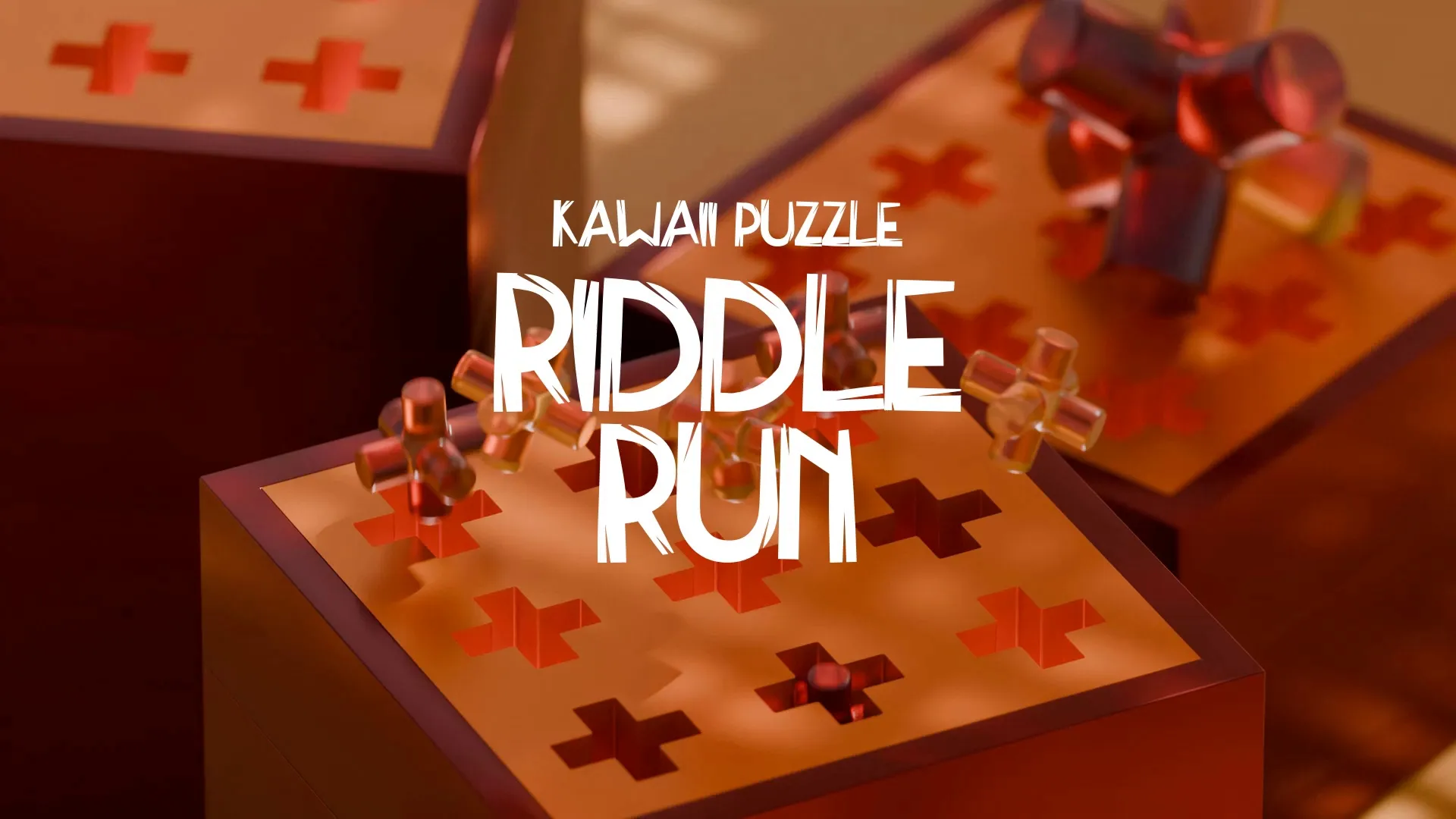

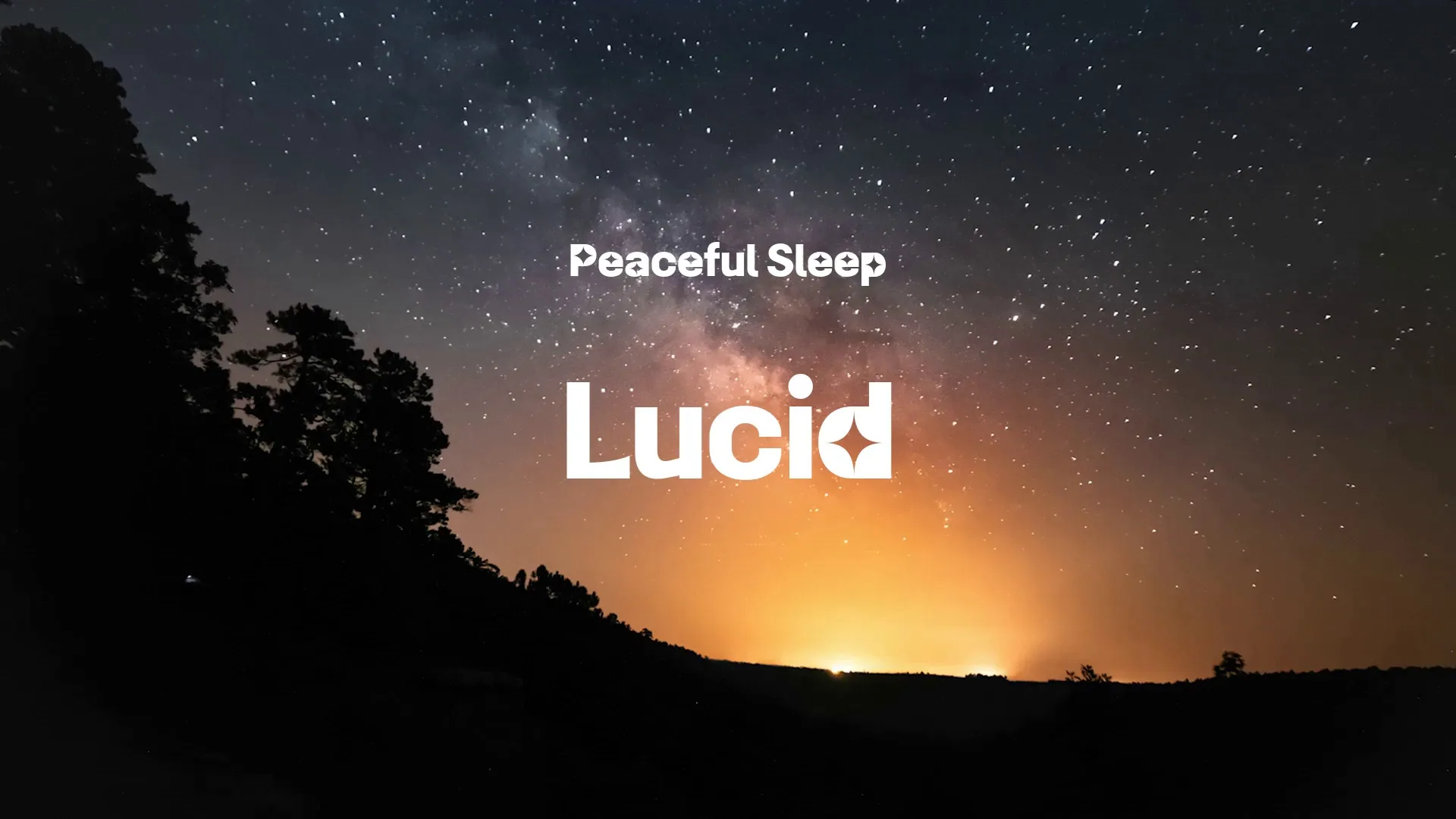
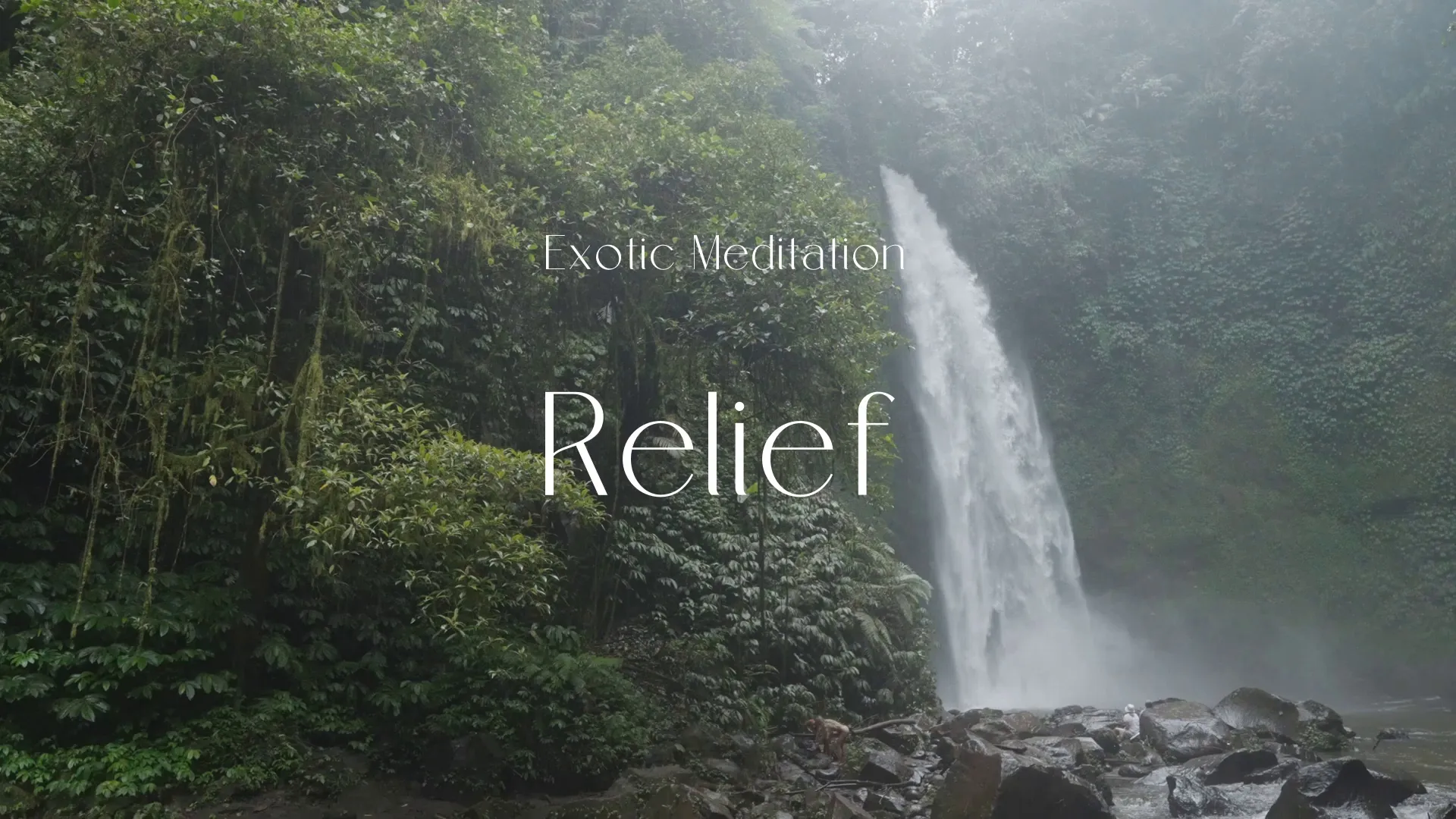

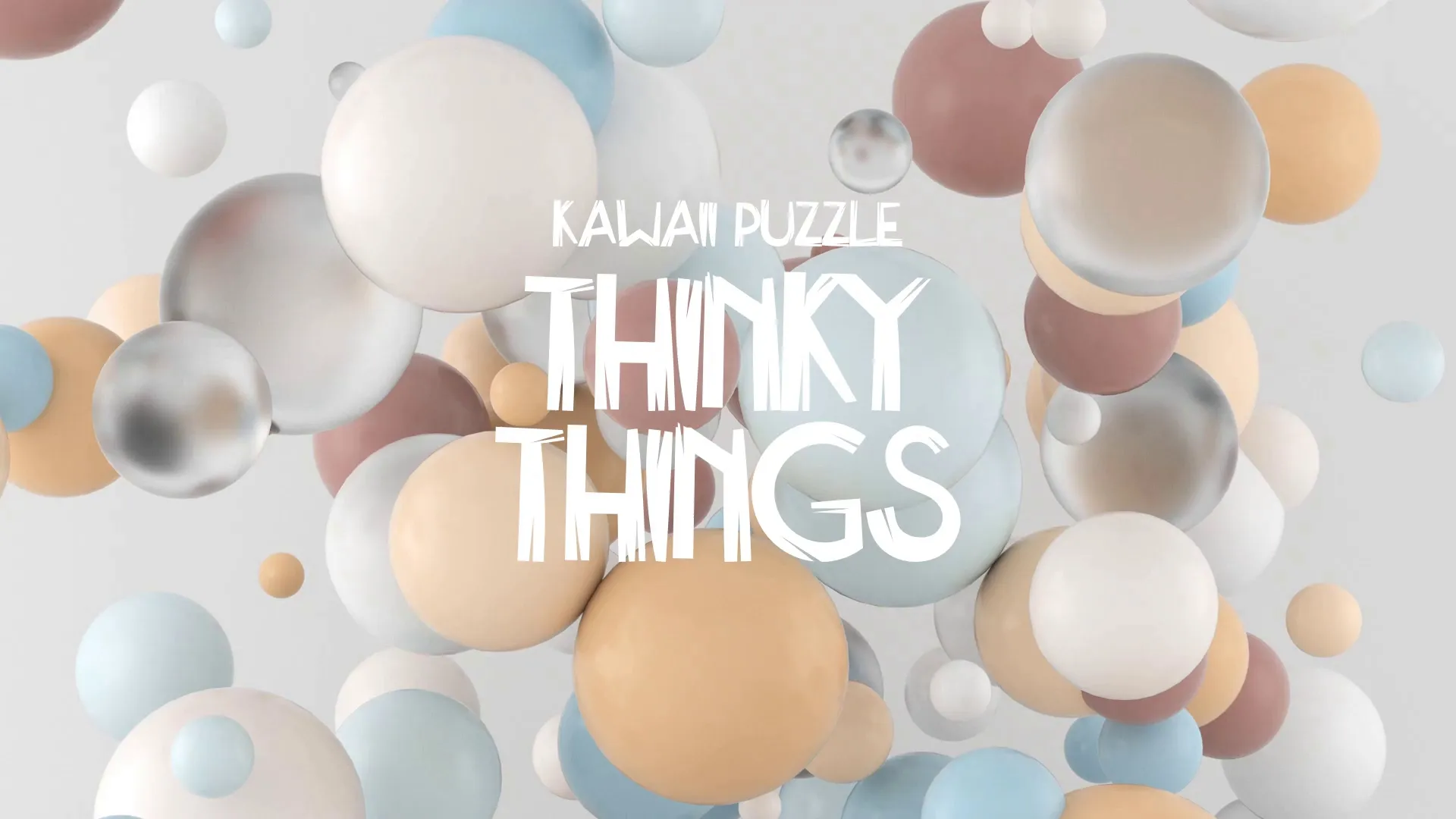
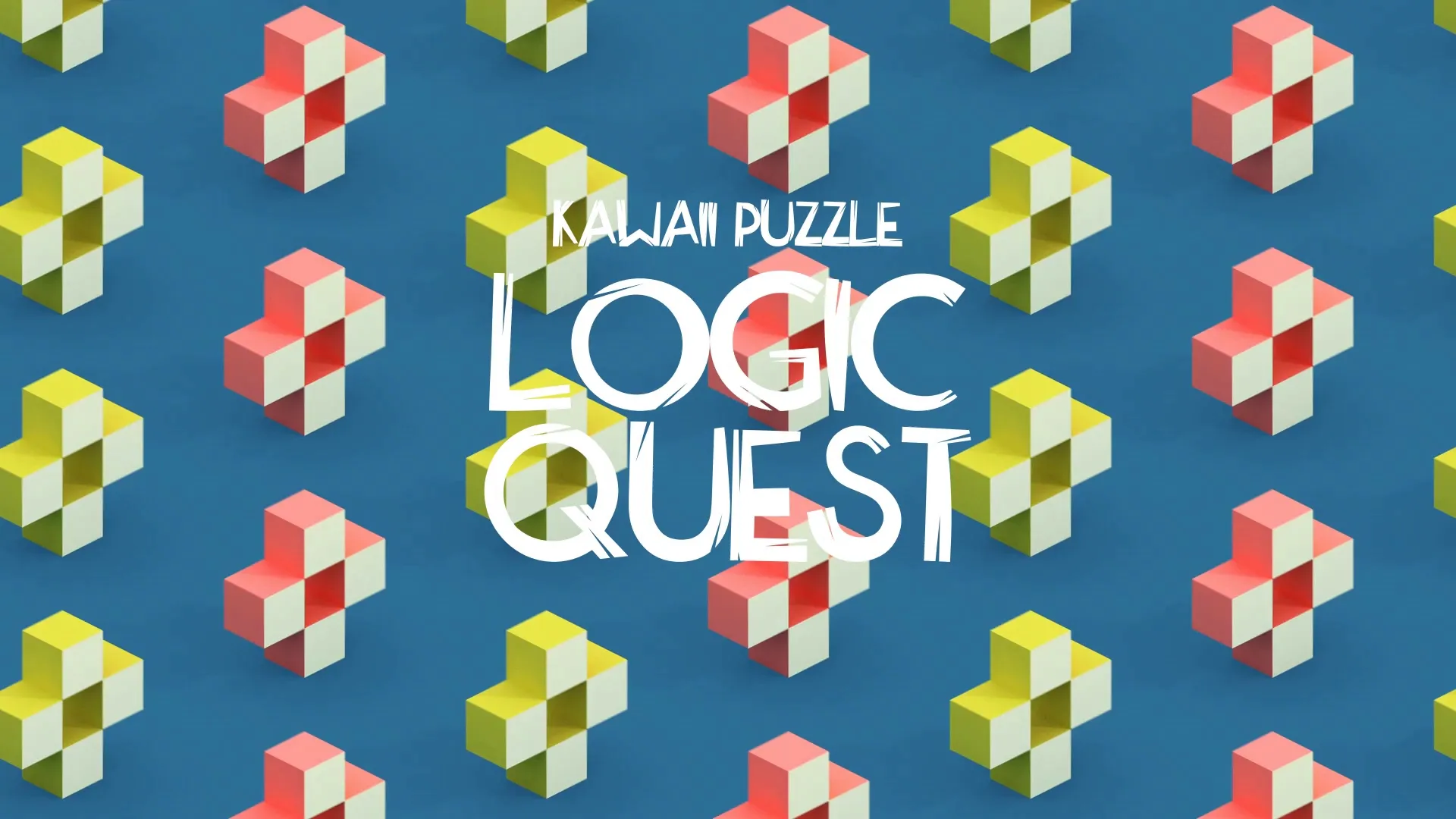

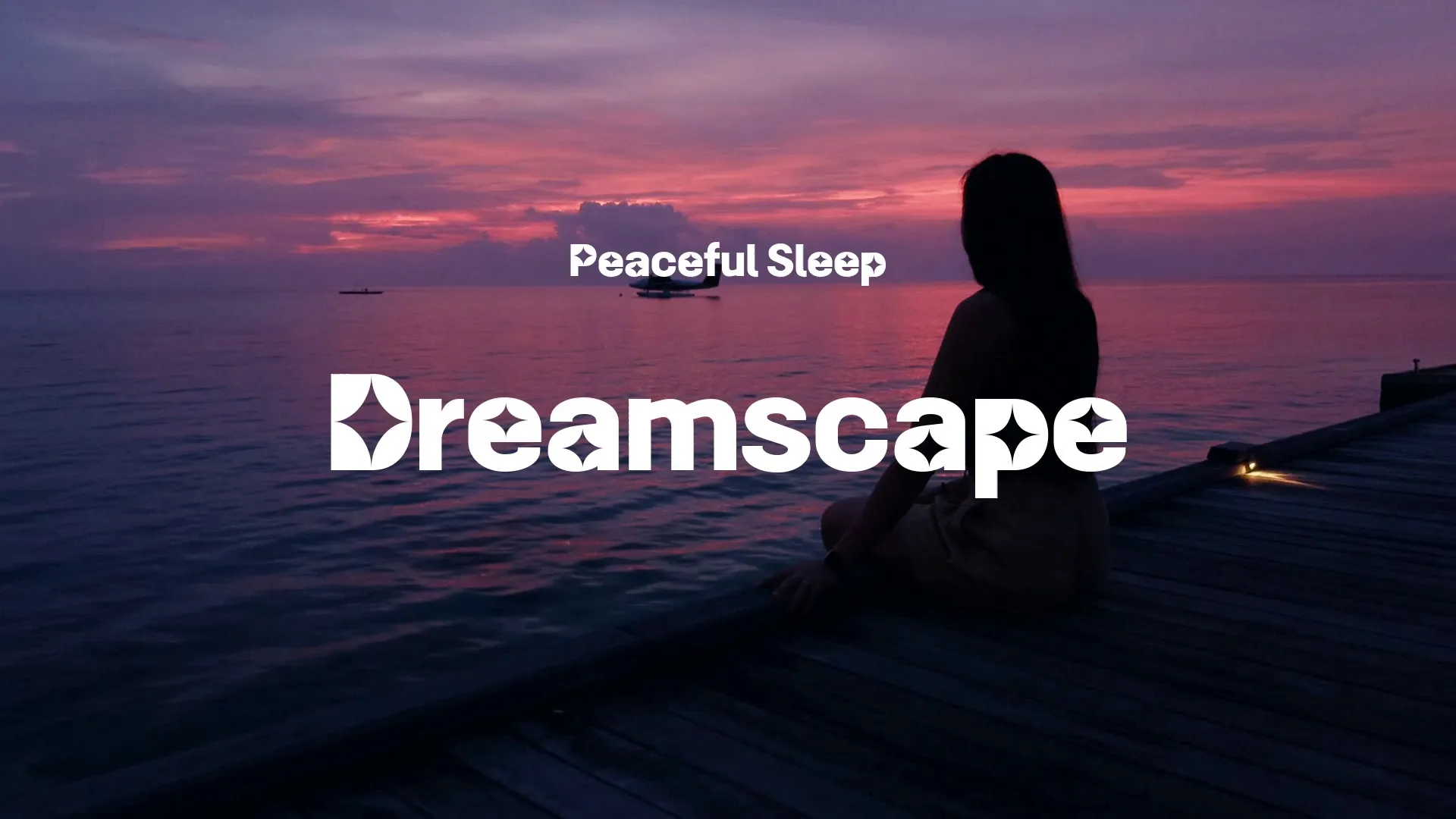

.webp)



.webp)
